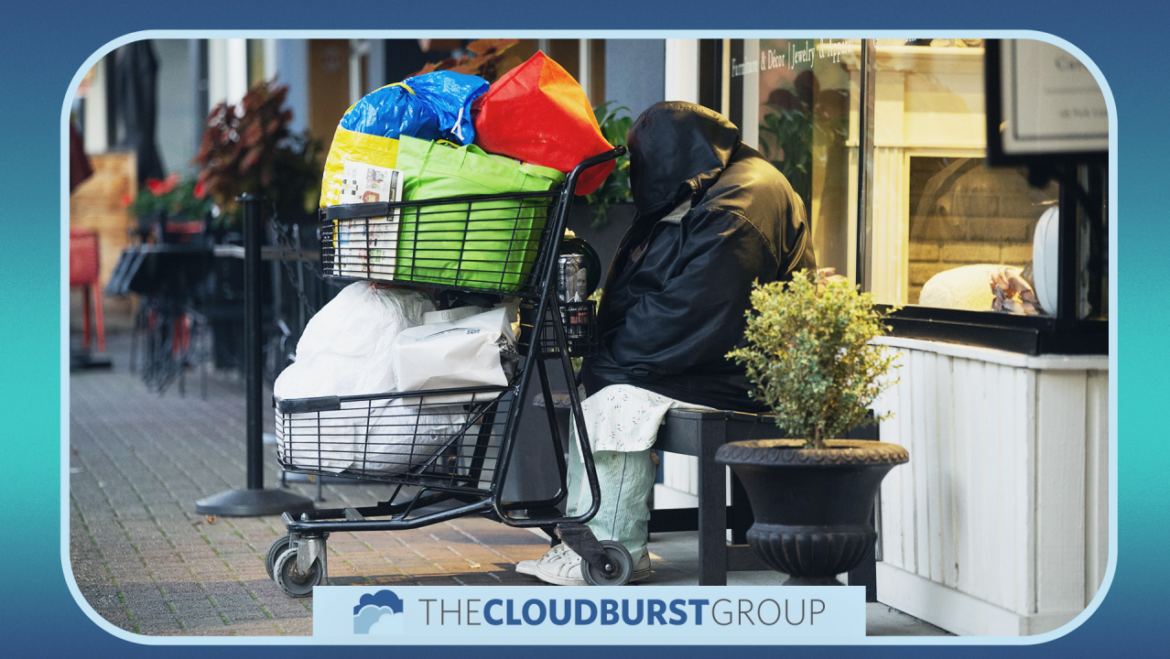As the Atlantic hurricane season approaches, communities along the coast will prepare for severe weather that can bring high winds, heavy rains, and devastating storm surges. Forecasts predict a transition to La Niña, which combined with high sea surface temperatures point to a much higher than average number of storms. Being prepared for a busy hurricane season, particularly for those organizations that support people experiencing homelessness, requires additional consideration as outlined below:
Understanding the Vulnerability
Climate change continues to increase the frequency and intensity of storms, while the country simultaneously faces a housing crisis where there are on average only 37 affordable homes for every 100 extremely low income renters.
People experiencing homelessness face heightened vulnerability during hurricane season, many living in tents or makeshift shelters that offer little protection against severe weather.
Barriers to Information and Resources
People experiencing homelessness have limited access to most communication channels, making it difficult to ensure they have timely and accurate information about impending storms. This issue is even more pressing for populations with additional barriers such as language differences or distrust in authorities due to historical injustices.
The very systems that provide resources to households impacted by a disaster can be obstacles to resources. Traditional disaster assistance is targeted at households that can prove damage to personal property, therefore making it particularly problematic for people without a permanent address. Additionally, the system can be complicated and confusing, requiring numerous appeals and a lot of patience.
The Evacuation Challenge
Evacuating to a safe location during a hurricane is not straightforward for people experiencing homelessness. Public shelters can become overcrowded quickly, and transportation to these facilities is often a significant hurdle. Additionally, the fear of losing personal belongings or being separated from a beloved pet can deter people from evacuating. We see these challenges magnified among minority groups, who may also face racial profiling or discrimination during evacuation efforts.
Health and Safety Concerns
Hurricanes have especially severe health implications for those without stable housing, who may enter a storm with compromised health conditions. Floodwaters can carry diseases, and the lack of access to clean water and sanitation can lead to outbreaks. The trauma of experiencing a natural disaster can also exacerbate existing mental health conditions — especially for racial minorities who are more likely to suffer from chronic health issues due to systemic inequities.
Addressing Racial Inequities
Historical and systemic racism has led to higher rates of homelessness among people of color. These communities often live in areas more prone to flooding and environmental hazards, making them even more vulnerable during hurricanes. We must acknowledge and address these inequities in our disaster preparedness and response efforts.
Community Response and Support
Communities must prioritize the needs of their most vulnerable members during hurricane season. Including homeless services organizations on a disaster planning team can help address some of the challenges people experiencing homelessness face in disasters. HUD has numerous resources available to assist with this work, including a guide to forming an Emergency Response Committee as well as a toolkit for communities that want to address the needs of homeless and vulnerable populations through comprehensive disaster planning, response, and recovery.
Cloudburst subject matter experts work directly with communities after disasters to help homeless services providers navigate the complexities of the disaster response system. Our team often engages with local government and nonprofit organizations and others to assess impacts to the homeless services system and assist local communities to ensure people experiencing homelessness are able to access any available resources they may be eligible for. Our team has also assisted communities with implementing disaster-specific rapid rehousing programs for survivors.
Conclusion
Hurricane season is a reminder of the profound disparities that exist within our communities. As we prepare for the storms ahead, we must take proactive steps to ensure that all residents, especially those experiencing homelessness and racial inequities, are protected and supported. By fostering a sense of community and prioritizing the needs of the most vulnerable, we can navigate the storm together and emerge stronger on the other side. Embracing social justice and equity in our disaster preparedness efforts is a necessary step towards building more resilient communities.

